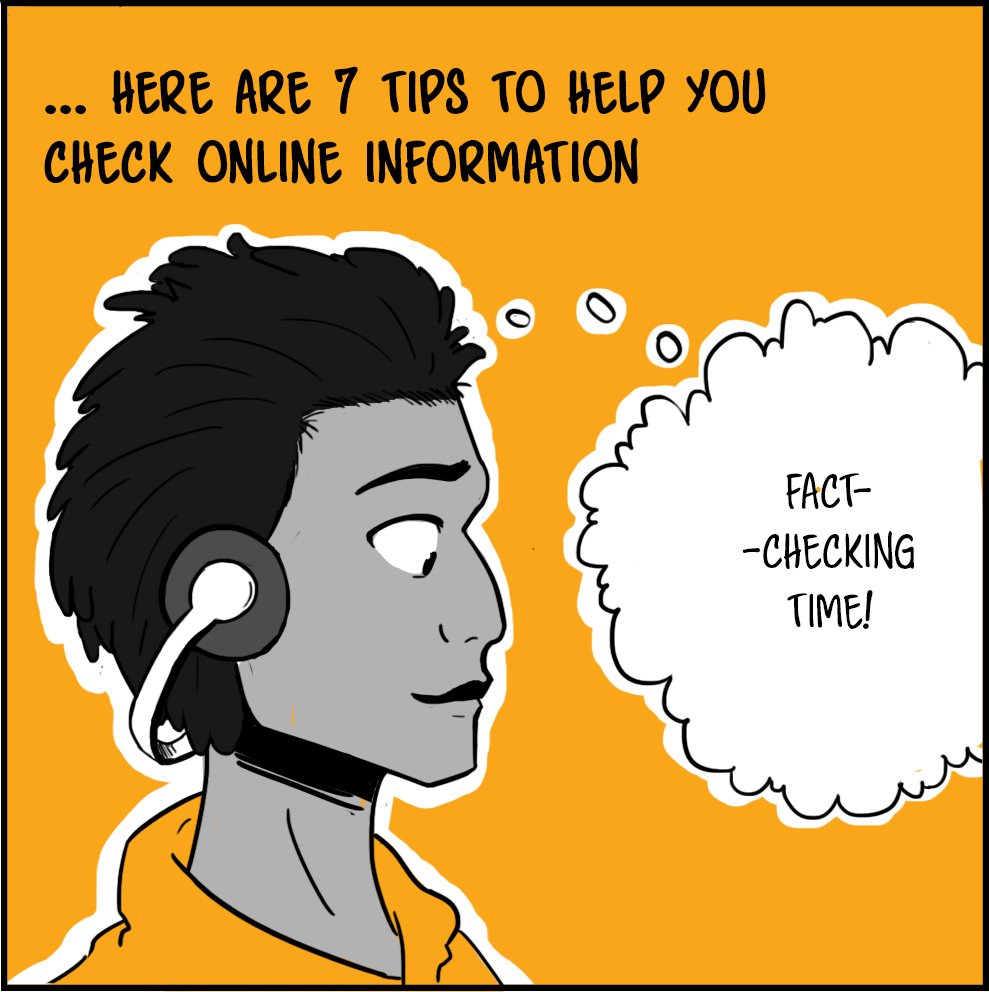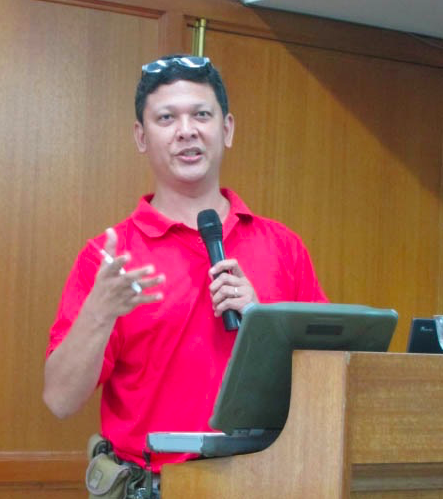Celebrating the facts on April 2 —International Fact-Checking Day #FactCheckIt #FightDisinfo
The International Fact-checking day on April 2 is not a single event but a rallying cry for more facts – and fact-checking – in politics, journalism, and everyday life. The website shares its resources on fact-checking, including a lesson plan for teachers, a fake news trivia quiz, a “hoax-off” among top debunked claims and a map of activities being held around the world in occasion of the day.
Make sure to follow @factchecknet and #FactCheckIt on Twitter to take part in the global conversation.
Are we living in a “post-truth” world? See what people around the world think.
Learn more from www.factcheckingday.com
More and more people are aware of fact checking and fighting disinformation. There are more resources available online that can help you fight disinformation, misinformation and fake news such as the following:
- Fact-Checking Research Database : They collect (and briefly explain) major studies on fact-checking, fake news and misinformation
2. Are you looking for a basic online primer on fact-checking and verification? Hands-On Fact-Checking: A Short Course was created by the International Fact-Checking Network at the Poynter Institute and the American Press Institute, and funded by the Google News Initiative.
3. Download an excellent free role-playing card game for students that stimulates critical thinking from factcheckingday.com/lesson-plan
4 . This cartoon has 7 tips for fact-checking online information- Featuring Fred Fact, the cartoon walks readers through seven simple ways they can use their smartphones to check information and become a more discerning media consumer. Tips include things as simple as checking the author’s name and reverse searching an image.
5. Check out a 5-point guide to Bellingcat’s digital forensics tool list – the list spans from basic tools like Twitter advanced search to complex website analyzers like DomainTools.
6. There are 10 tips for verifying viral social media videos – Of all types of misinformation, video is among the hardest to fact-check.
7. Here are eight tips to help you spot fake news from PolitiFact is here to help. They are sharing advice on sorting through the massive amount of news on social media.
8. 15 ways fact-checkers and users can debunk hoaxes on WhatsApp – Since WhatsApp is encrypted end-to-end, no one knows when something goes viral on the platform. As a result, fact-checkers have developed innovative workarounds to debunk hoaxes and spread factual information in private groups.
And even more fact-checking
- Here’s a collection of TED Talks about facts and fact-finding
- Catch up on the latest fact-checking and misinformation research.
- Watch a series of fact-checking tutorials on YouTube.
- Here’s a reading list about fact-checking and misinformation.




